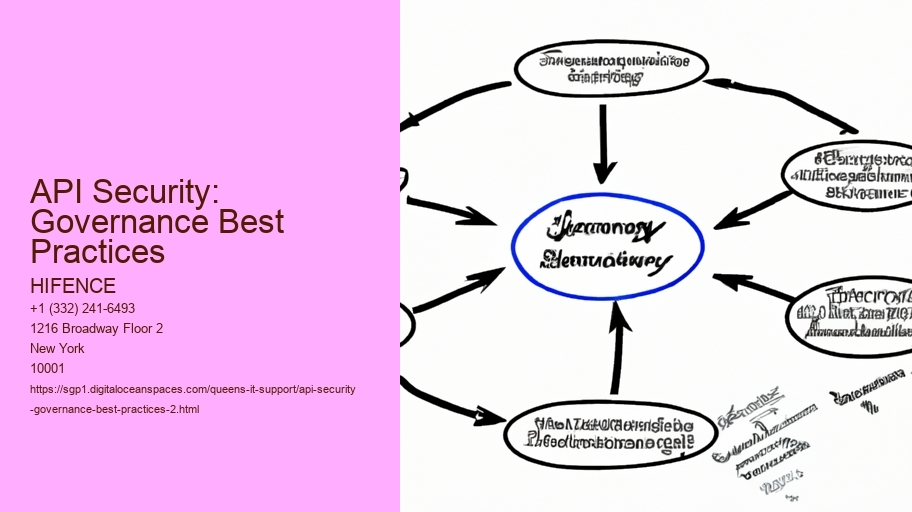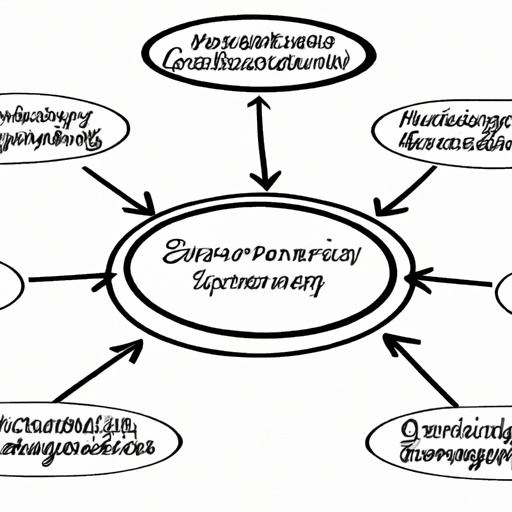
API Security: Governance Best Practices
So, youre building APIs (Application Programming Interfaces)! Thats fantastic! APIs are the backbone of modern software, enabling all sorts of cool integrations and functionalities. But, and this is a big "but," are you thinking about API security? check Its not just a nice-to-have; its absolutely critical. And thats where governance best practices come into play. managed it security services provider Were talking about establishing a framework, a guiding set of principles, to ensure your APIs are secure from design to deployment and beyond.

Think of API Security Governance as setting the rules of the road for your API ecosystem. Its about defining whos responsible for what, how security is integrated into the development lifecycle, and how youll continuously monitor and improve your security posture. Without clear governance, you risk a chaotic situation where different teams are doing their own thing, potentially introducing vulnerabilities and inconsistencies. Imagine that!
One key element is establishing clear ownership and accountability. Whos in charge of API security?

Another critical aspect is integrating security into the Software Development Lifecycle (SDLC). This isnt just about running a security scan at the end; its about "shifting left," meaning incorporating security considerations at every stage (from planning and design to coding, testing, and deployment). Conduct threat modeling early on to identify potential vulnerabilities and design secure APIs from the get-go. Use secure coding practices, and automate security testing to catch issues before they make it into production.

Then theres the whole issue of API keys, authentication, and authorization. Are you using strong authentication mechanisms like OAuth 2.0 or OpenID Connect? Are you properly validating API keys and tokens? Are you implementing robust authorization policies to ensure users only have access to the data and resources they need? These are fundamental security controls that need to be carefully considered and implemented.
Data validation is also incredibly important. APIs often handle sensitive data, so you need to ensure that youre properly validating all inputs to prevent injection attacks and other data-related vulnerabilities. (Think about sanitizing user inputs and using parameterized queries).
Furthermore, continuous monitoring and logging are essential. You need to track API usage, detect anomalies, and respond quickly to security incidents. Implement robust logging and monitoring tools to capture relevant security events and set up alerts to notify you of suspicious activity. Regularly review your logs and security metrics to identify potential problems and improve your security posture.
Finally, dont forget about training and awareness. Ensure that your developers, testers, and operations teams are trained on API security best practices. Conduct regular security awareness training to keep them up-to-date on the latest threats and vulnerabilities.
In short, API Security Governance is a holistic approach to securing your APIs. Its about establishing clear policies, procedures, and responsibilities, integrating security into the SDLC, and continuously monitoring and improving your security posture. Its an investment that will pay off in the long run by protecting your data, your systems, and your reputation!